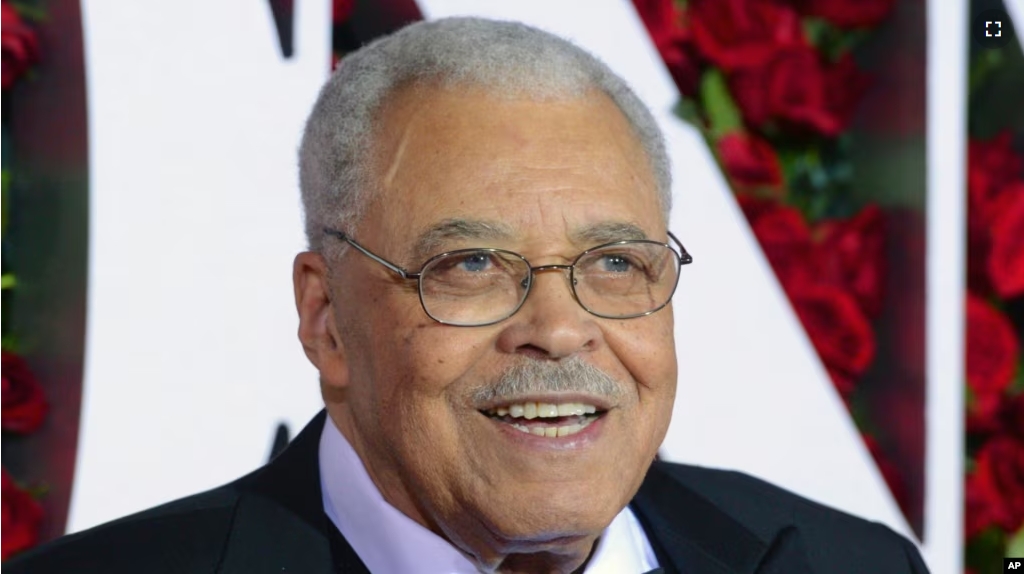During his more than 60-year acting career, James Earl Jones’ voice became a star of its own. Jones died this week at the age of 93.
One of Jones’ career decisions continues to be an issue of debate: his permission to let artificial intelligence (AI) reproduce his performances as Darth Vader for new projects.
Skywalker Sound and Ukrainian software company Respeecher used AI to recreate Jones’ Darth Vader for the 2022 show Obi-Wan Kenobi. The show appears on the streaming service Disney+.
The voice of actor Mark Hamill was also “de-aged” using Respeecher. Hamill played Luke Skywalker in the first Star Wars movie. His AI-manufactured voice was used in the series’ television show The Mandalorian. Disney+ launched the show in 2019.
Voice actors say they fear AI could reduce the number of jobs because the technology can reproduce one performance into many. The concern led American unionized video game performers to go on strike in July.
For some observers, Jones’ decision to permit AI to reproduce his voice raises questions about voice acting as an art. But the decision also could help develop AI agreements that fairly pay actors for AI-based performances.
Zeke Alton is a voice actor and member of SAG-AFTRA’s interactive media agreement negotiating committee. He said it is “amazing” that Jones was involved in the process of reproducing his voice.
“If the game companies, the movie companies, gave the consent, compensation transparency to every actor that they gave James Earl Jones, we wouldn’t be on strike,” Alton said. “It proves that they can do it. They just don’t want to for people that they feel don’t have the leverage to bargain for themselves.”
Hollywood’s video game performers called for a strike after more than 18 months of negotiations over a new interactive media agreement with industry leaders. The negotiators could not reach an agreement on artificial intelligence protections.
Members of the union have said they are not opposed to AI. They say they are worried, however, that technology could replace them.
Concerns over such use of AI were among the reasons that film and television workers went on strike last year. The work stoppages went on for four months.
Neither Skywalker Sound nor Respeecher answered a request for comment from Associated Press reporters. But a sound editor with Skywalker Sound spoke to Vanity Fair magazine about the issue. The worker reported that Jones approved the use of old recordings to keep Darth Vader alive. The worker added that Jones guided the new performances.
Jones’ contract could set an example of properly bargaining with an actor over their likeness, said Sarah Elmaleh. She is chair of SAG-AFTRA’s interactive negotiating committee. Elmaleh, a voice actor, said there is a chance for these tools to be used in “meaningful, smart artistic decisions.”
I’m Caty Weaver.
Caty Weaver adapted this story for VOA Learning English from reports by the Associated Press and Reuters.
__________________________________________
Words in This Story
consent – n. approval of what is done or suggested
compensation – n. payment in the form of salary or wages
transparency – n. the quality or state of being transparent
leverage – n. power, effectiveness
bargain – v. to negotiate over the terms of a purchase, agreement, or contract
properly – adv. in an acceptable or suitable way
